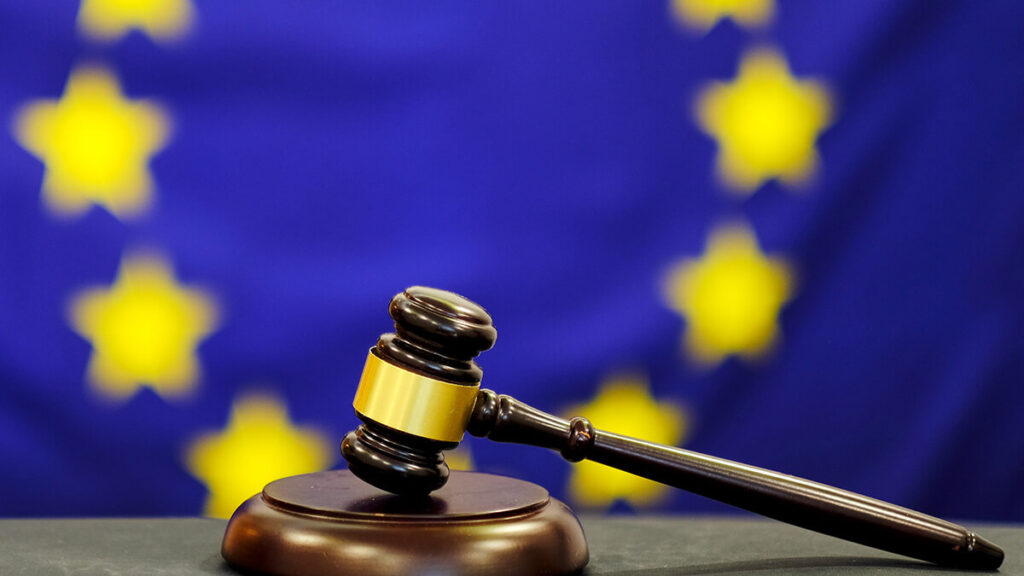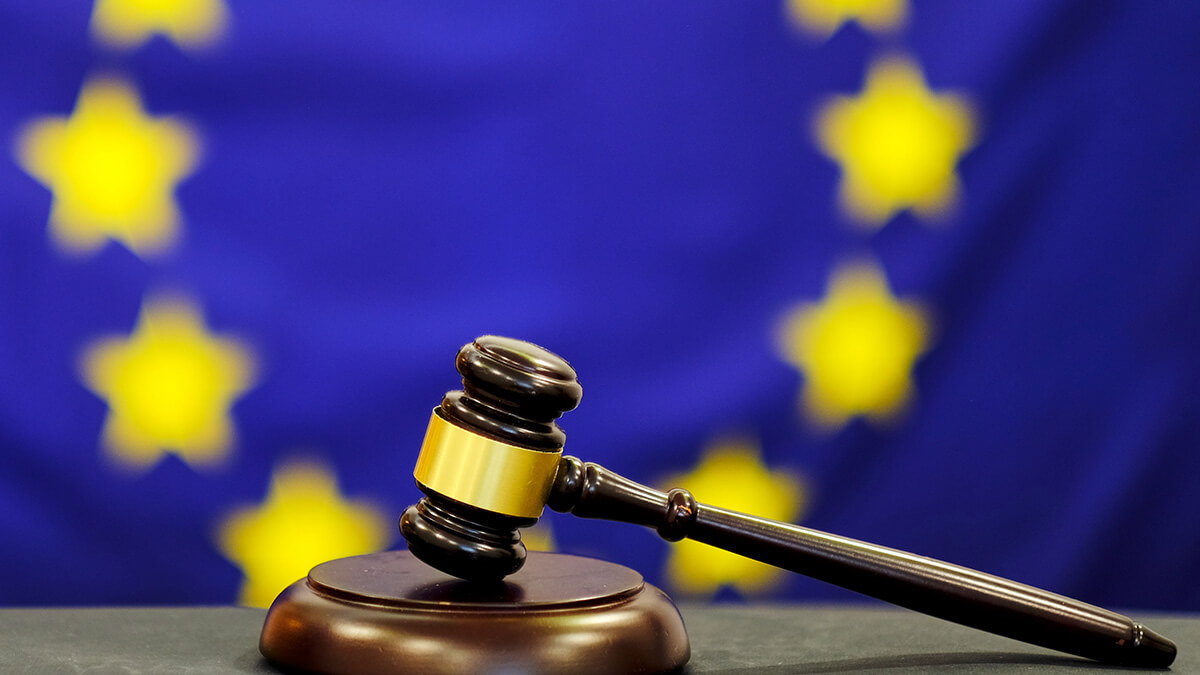Understanding the ECJ Beneficial Ownership Decision
In 2015, the European Parliament passed legislation aimed at preventing the use of the financial system for money laundering and terrorist financing. As part of this effort, European member states were required to ensure public access to beneficial ownership registers for entities under their jurisdiction.
With the introduction of the Fifth EU Anti-Money Laundering Directive (AMLD5), these registers became fully accessible to the general public in 2018, eliminating the need for individuals to demonstrate a legitimate interest in the information.
The ECJ Beneficial Ownership Ruling and Its Background
The Legal Challenge
In November 2022, the European Court of Justice (ECJ) ruled that public access to beneficial ownership registers violates fundamental rights protected by the Charter of Fundamental Rights of the European Union. Specifically, the ECJ cited Articles 7 and 8, which protect privacy and personal data.
The decision emphasized that although combating money laundering and terrorist financing is a legitimate goal, unrestricted public access to these registers was not always necessary or proportionate to achieving this objective.
Origins of the ECJ Beneficial Ownership Ruling
The ECJ ruling originated from a court case in Luxembourg, where a beneficial owner challenged the public accessibility of their personal financial data. The case progressed to the Luxembourg District Court before reaching the ECJ, which ultimately ruled in favor of restricting public access.
Implications of the ECJ Beneficial Ownership Ruling
How the Ruling Affects Beneficial Ownership Transparency
Following the ECJ beneficial ownership ruling, several EU member states took immediate action to restrict access to their beneficial ownership registers.
In Luxembourg, the Ministry of Justice announced in December 2022 that access to its beneficial ownership register would be limited to professionals who could demonstrate a legitimate interest as required by law.
Impact on Compliance Professionals
- Delays in Onboarding Clients: Compliance teams now face challenges in obtaining beneficial ownership information from European member states.
- Changes to Verification Processes: Businesses must adjust their due diligence procedures to reflect the new restrictions.
- Training Needs: Staff must be educated on the legal implications of the ECJ ruling and how it affects compliance practices.
Criticism and Opposition to the ECJ Beneficial Ownership Decision
Arguments Against the Ruling
The ruling has been criticized by organizations such as Transparency International, arguing that it represents a setback in the fight against money laundering and financial crime.
Critics assert that:
- Public access to beneficial ownership registers increases transparency and enhances corporate accountability.
- Journalists and civil society organizations play a crucial role in exposing financial crimes by scrutinizing ownership data.
- Reputational risks help prevent financial misconduct, as businesses are more cautious when beneficial ownership information is publicly accessible.
Supporters of Restricted Access
Conversely, proponents of the ruling argue that:
- The right to privacy and data protection outweighs the need for public transparency.
- Authorities still retain access to beneficial ownership information for law enforcement purposes.
- Unrestricted public access could be exploited for fraud, identity theft, or other criminal activities.
The Future of ECJ Beneficial Ownership Regulations
The debate over beneficial ownership transparency is expected to continue, with European policymakers exploring potential legislative adjustments.
Moving forward:
- New compliance frameworks may emerge to balance privacy rights and financial transparency.
- International pressure from anti-corruption groups may influence further reforms.
- Businesses and legal professionals must stay informed about ongoing regulatory developments.
Why the ECJ Beneficial Ownership Ruling Matters
The ECJ beneficial ownership ruling represents a significant shift in the European Union’s financial transparency framework. While it reinforces data protection and privacy rights, it also raises concerns about accountability and anti-money laundering efforts.
Companies operating within the EU must ensure compliance with the new regulatory landscape while adapting their customer due diligence processes accordingly.
As the discussion on beneficial ownership transparency evolves, both compliance professionals and policymakers must find a balance between protecting privacy and maintaining financial integrity within the European Union.




